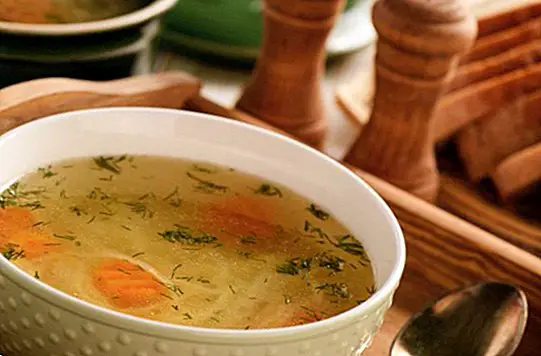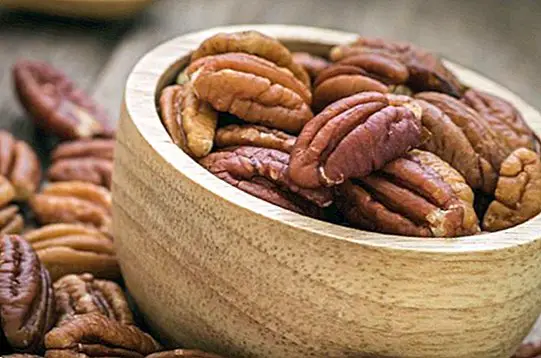Ginseng: contraindications
The ginseng It is one of the foods with greater historical tradition in terms of its use as a medicinal remedy, especially in ancient China, where Traditional Chinese Medicine itself values it for its invigorating and aphrodisiac virtues.

At present the herbal medicine uses it as natural remedies for a wide variety of disorders and health problems, while in the kitchen it can be used as a culinary flavoring.
With regard to the main properties of ginseng, it is a food with virtues revitalizing and tonics, in a way that helps improve the intellectual and physical state. Therefore, it is recommended as a remedy for elderly and young people who are in exam periods.
It is also useful when it comes to take care of our cardiovascular system, so its consumption is advised to reduce the levels of high cholesterol, also helping to lower high triglycerides and blood sugar.
While, among its different nutritional values, we find its contribution in vitamins of group B, vitamin C, amino acids and substances called ginsenosides that we find in its root and provides its main medicinal and therapeutic virtues.
But what are the main contraindications of ginseng?
Main contraindications of ginseng
Ginseng contains phytoestrogens in small amounts, so it is not advisable for women to abuse their consumption, since these phytoestrogens have an action similar to estrogen.
It exerts a vasoconstrictor effect, so its consumption is not recommended in people suffering from high blood pressure.
In people who take medications, it is advisable to always consult the doctor before starting to consume it, especially because ginseng tends to interact with certain medications.
Basically, below, we summarize the main contraindications of ginseng:
- Due to its phytoestrogen content, it is not advisable to abuse it by women.
- In people with high blood pressure it is not advised to consume it, due to its vasoconstrictor effect.
- In case of medication consumption, it is best to consult your doctor beforehand, because of the risk that interactions may occur.
- Not recommended in pregnant women and children.
Image | Gary Soup This article is published for informational purposes only. You can not and should not replace the consultation with a Nutritionist. We advise you to consult your trusted Nutritionist.


